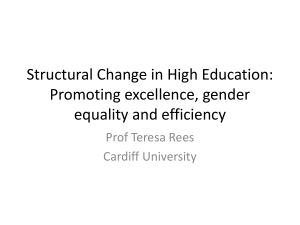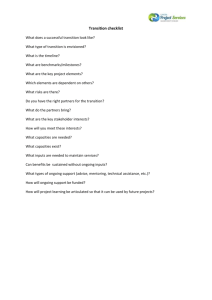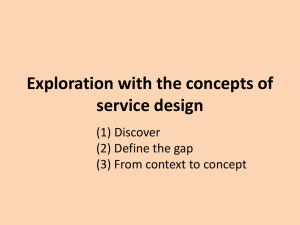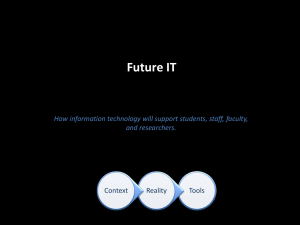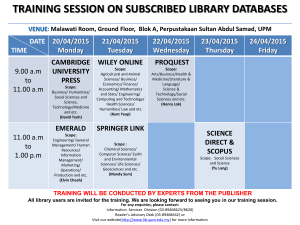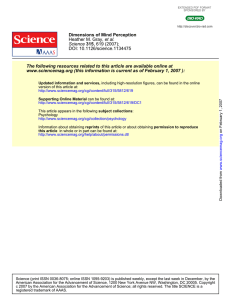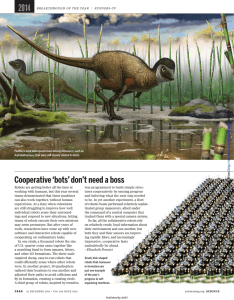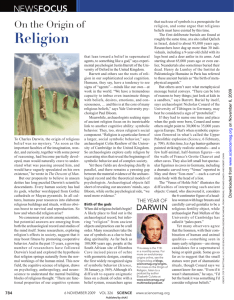Building a research and educational infrastructure
advertisement
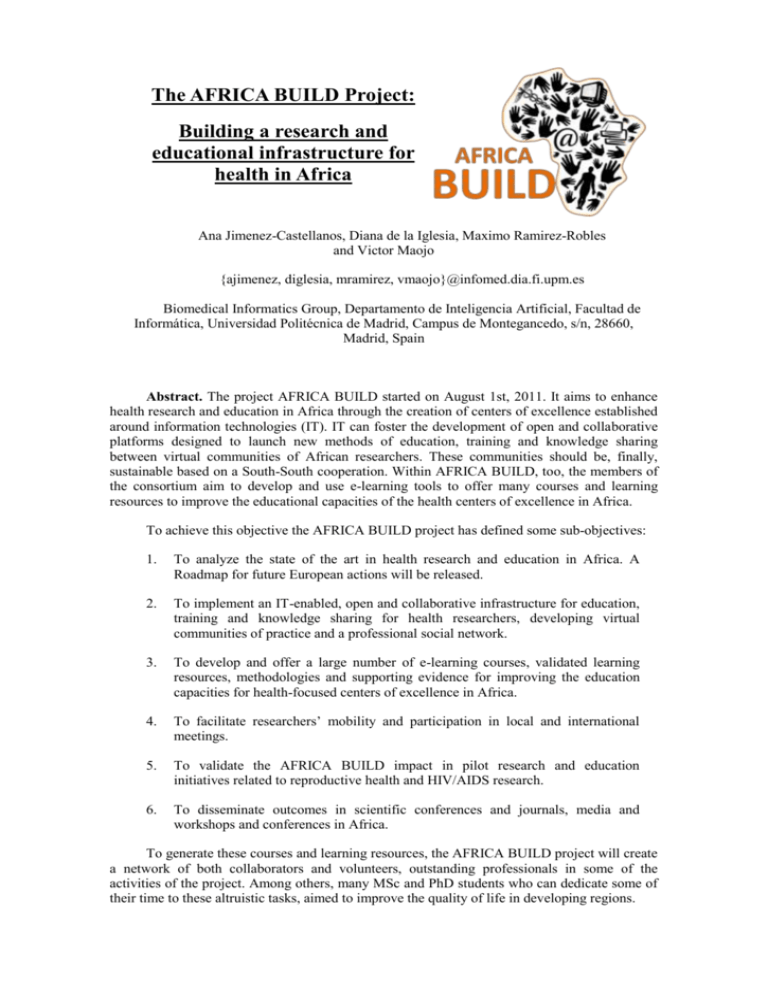
The AFRICA BUILD Project:
Building a research and
educational infrastructure for
health in Africa
Ana Jimenez-Castellanos, Diana de la Iglesia, Maximo Ramirez-Robles
and Victor Maojo
{ajimenez, diglesia, mramirez, vmaojo}@infomed.dia.fi.upm.es
Biomedical Informatics Group, Departamento de Inteligencia Artificial, Facultad de
Informática, Universidad Politécnica de Madrid, Campus de Montegancedo, s/n, 28660,
Madrid, Spain
Abstract. The project AFRICA BUILD started on August 1st, 2011. It aims to enhance
health research and education in Africa through the creation of centers of excellence established
around information technologies (IT). IT can foster the development of open and collaborative
platforms designed to launch new methods of education, training and knowledge sharing
between virtual communities of African researchers. These communities should be, finally,
sustainable based on a South-South cooperation. Within AFRICA BUILD, too, the members of
the consortium aim to develop and use e-learning tools to offer many courses and learning
resources to improve the educational capacities of the health centers of excellence in Africa.
To achieve this objective the AFRICA BUILD project has defined some sub-objectives:
1.
To analyze the state of the art in health research and education in Africa. A
Roadmap for future European actions will be released.
2.
To implement an IT-enabled, open and collaborative infrastructure for education,
training and knowledge sharing for health researchers, developing virtual
communities of practice and a professional social network.
3.
To develop and offer a large number of e-learning courses, validated learning
resources, methodologies and supporting evidence for improving the education
capacities for health-focused centers of excellence in Africa.
4.
To facilitate researchers’ mobility and participation in local and international
meetings.
5.
To validate the AFRICA BUILD impact in pilot research and education
initiatives related to reproductive health and HIV/AIDS research.
6.
To disseminate outcomes in scientific conferences and journals, media and
workshops and conferences in Africa.
To generate these courses and learning resources, the AFRICA BUILD project will create
a network of both collaborators and volunteers, outstanding professionals in some of the
activities of the project. Among others, many MSc and PhD students who can dedicate some of
their time to these altruistic tasks, aimed to improve the quality of life in developing regions.
Many scientific authors in low-income countries find financial barriers in access to
research or in communicate their research. Open access to the results of scientific and medical
research provides a powerful tool that will improve research in Africa [1-2].
Based on the experience of the participating partners ─UPM, ITI-MCIT, FMPOS,
UniGE, ITM, WHO-RHR, FMSB and UG-SPH─ the project aims to improve know-how,
research and technological capacities at the centers of excellence in Africa. Finally, successful
actions will be transferred to other organizations and industry.
The AFRICA BUILD project that will finish in 2014 is an ambitious example of
collaborative project, since without the combined efforts of many professionals and researchers
from many countries such objective would not be possible.
References
[1]. Pain, E. Easier Access to Bioinformatics Resources. Science Careers Blog, July 29,
2010. Accessible at: http://blogs.sciencemag.org/sciencecareers/2010/07/easier-accesst.html
[2]. Maojo, V., Garcia-Remesal, M, Crespo, J., de la Calle, G., de la Iglesia, D. and
Kulikowski, C. Open Results from Biomedical Research Projects: Where Are They?.
Science
Careers
Blog,
May
5,
2010.
Accessible
at:
http://blogs.sciencemag.org/sciencecareers/2010/05/open-results-fr.html
